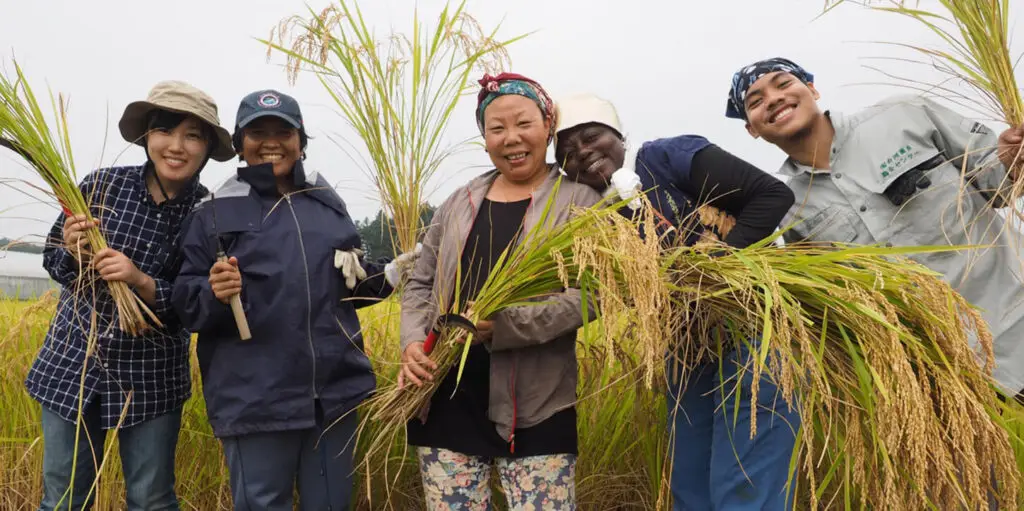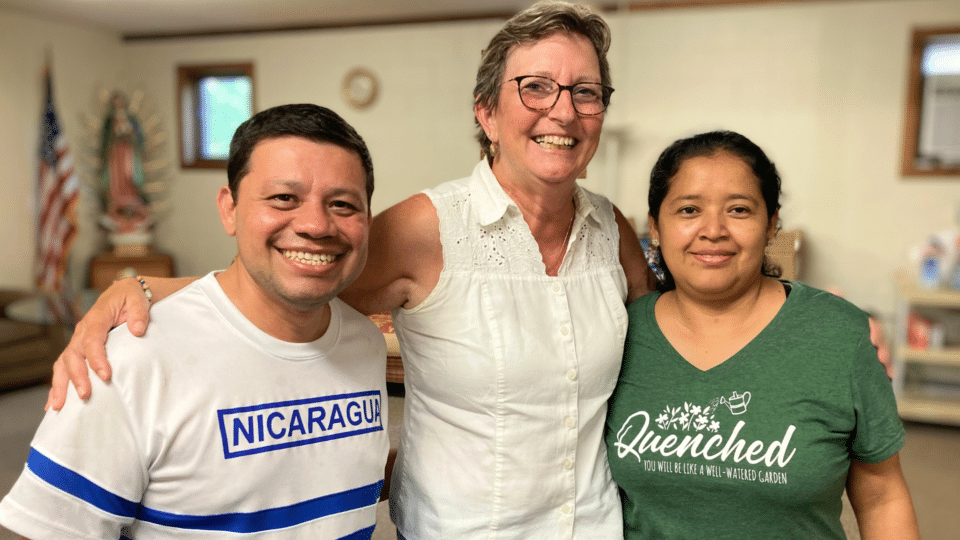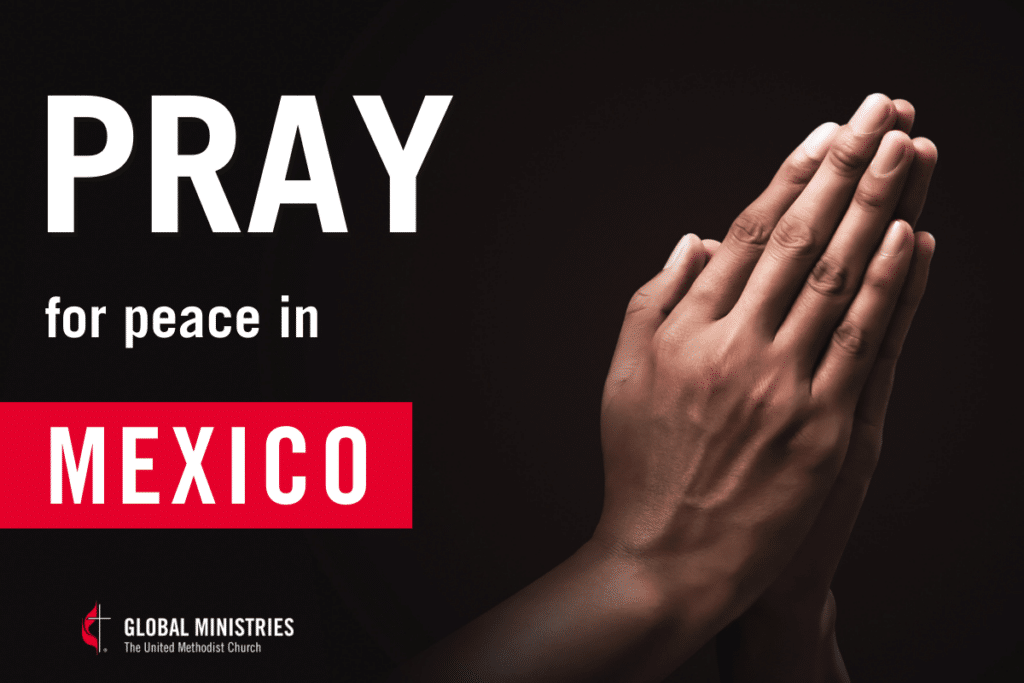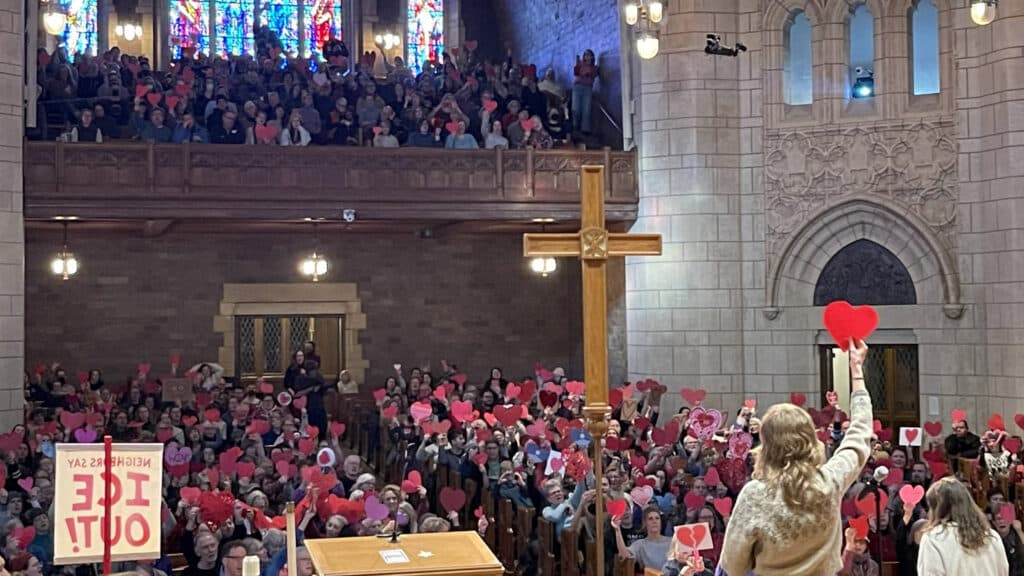By Elliott Wright
March 27, 2020 | ATLANTA
The worldwide mission agency of The United Methodist Church and its humanitarian relief and development unit have placed temporary holds on most grant payments given the impact of the coronavirus pandemic on revenue sources and cash flow.
“This temporary hold applies to new and current grants of the General Board of Global Ministries, its Global Health work and the United Methodist Committee on Relief (UMCOR),” according to Roland Fernandes, treasurer and chief operating officer of Global Ministries/UMCOR. “Notable exceptions are UMCOR and Global Health allocations in response to the COVID19 crisis and other emergency situations, up to $50,000 each.”
Global Ministries and UMCOR make a wide range of grants to projects and partners both within and beyond the denomination. Grants cover church growth, disaster response, health care, education, migration and the environment. Grant funds come primarily from denominational apportionments, direct donations and investments.
Fernandes explained that agency directors imposed the temporary grant suspension during their semi-annual meeting on March 20 as a matter of fiscal responsibility in this time of global economic and social uncertainty. “Our directors concluded that grant payments should be put on hold as a matter of prudence pending review of the cash flow and financial position to establish realistic disbursement schedules,” he said. “The current volatility of the stock market is a major factor impacting this decision. The Finance Committee is expected to meet again in April to review the situation with staff.”
Contributions made to specific projects that are part of the Advance, the designated mission giving channel of the church, are not affected by the payment delay, Fernandes noted. “Advance gifts given for specific beneficiaries go directly to the designated recipients.”
Delays do apply to new Global Health and UMCOR grants approved by directors on March 20. These include $560,197.65 for health projects in Africa and $2,948,825.21 in UMCOR support in the categories of migration, disaster relief, sustainable development and environmental issues.
Thomas Kemper, general secretary (chief executive) of Global Ministries, said that current and new grantees have been notified of the payment delays. “Of course, any payment delay imposes hardship on the work of the grantees. We are deeply sorry about this. We really have no option but to exercise the greatest care in fund distribution. We hope that the delays will be short and expect to review this situation again at the end of April.”
The initial response of recipients whose payments will be affected was understanding of the reasons for the delays and appreciation for the careful stewardship of humanitarian resources.
Elliott Wright is a communications consultant with Global Ministries.




